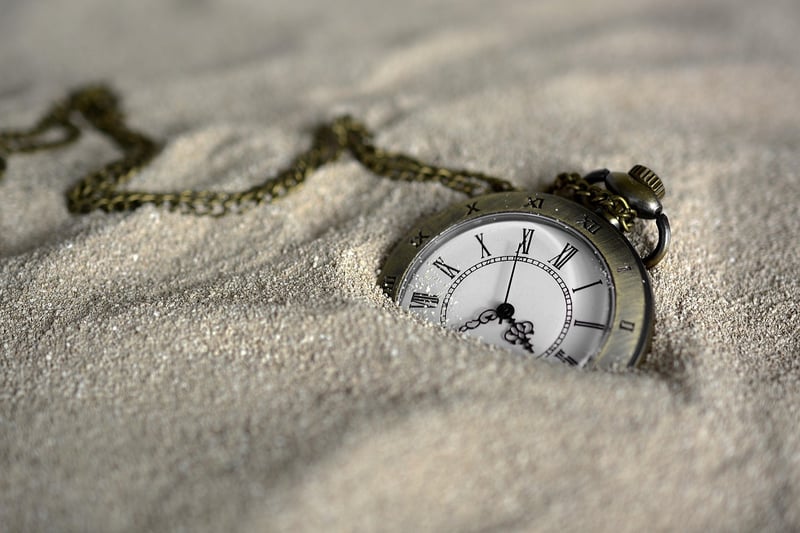Fictional Devices
The Evolution of Time Travel: From Fiction to Reality
Time travel has been a fascinating concept that has captured the imagination of people for centuries. From ancient myths to modern science fiction, the idea of traveling through time has been a popular theme in literature, movies, and television shows. While time travel is primarily a fictional concept, it has also been a subject of scientific research and speculation. Let's explore the evolution of time travel from fictional devices to real-world theories.
Ancient Myths and Early Fiction
Stories of time travel can be traced back to ancient myths and folklore. For example, in Hindu mythology, the Mahabharata mentions the story of King Raivata Kakudmi, who travels to different worlds and returns to Earth after a short time, only to find many ages have passed. In more recent times, early works of fiction like H.G. Wells' "The Time Machine" (1895) brought the concept of time travel to a wider audience.
Science Fiction and Popular Culture
Science fiction literature and movies have played a significant role in popularizing time travel. Iconic works like "Back to the Future," "Doctor Who," and "Star Trek" have introduced audiences to various time travel concepts, such as altering the past to change the future or exploring parallel universes through time jumps.
Fictional Time Travel Devices
- The TARDIS: The Time and Relative Dimension in Space (TARDIS) from "Doctor Who" is a time machine disguised as a British police box that can travel to any point in time and space.
- DeLorean Time Machine: The iconic car from "Back to the Future" equipped with a flux capacitor that allows it to travel through time when it reaches 88 miles per hour.
- Time-Turner: A magical device from the "Harry Potter" series that enables the user to travel in time by rotating the hour glasses.
Real-world Time Travel Theories
While time travel remains a theoretical concept in physics, scientists have proposed various theories that could potentially allow for time travel in the future. Concepts like wormholes, time dilation, and the theory of relativity have sparked discussions about the feasibility of traveling through time.
Notable Scientists and Time Travel Theories
- Albert Einstein: The theory of relativity, developed by Einstein, suggests that time is relative and can be influenced by gravity and velocity.
- Stephen Hawking: Hawking was known for his work on black holes and proposed the "chronology protection conjecture," which suggests that the laws of physics prevent time travel on a macroscopic scale.
While time travel remains a fascinating concept in fiction and science, the reality of traveling through time continues to be a subject of speculation and debate. Whether through the pages of a book or the realms of theoretical physics, the idea of exploring the past, present, and future will always intrigue and inspire us.

For more information on time travel and related topics, you can visit Wikipedia's Time Travel page.
